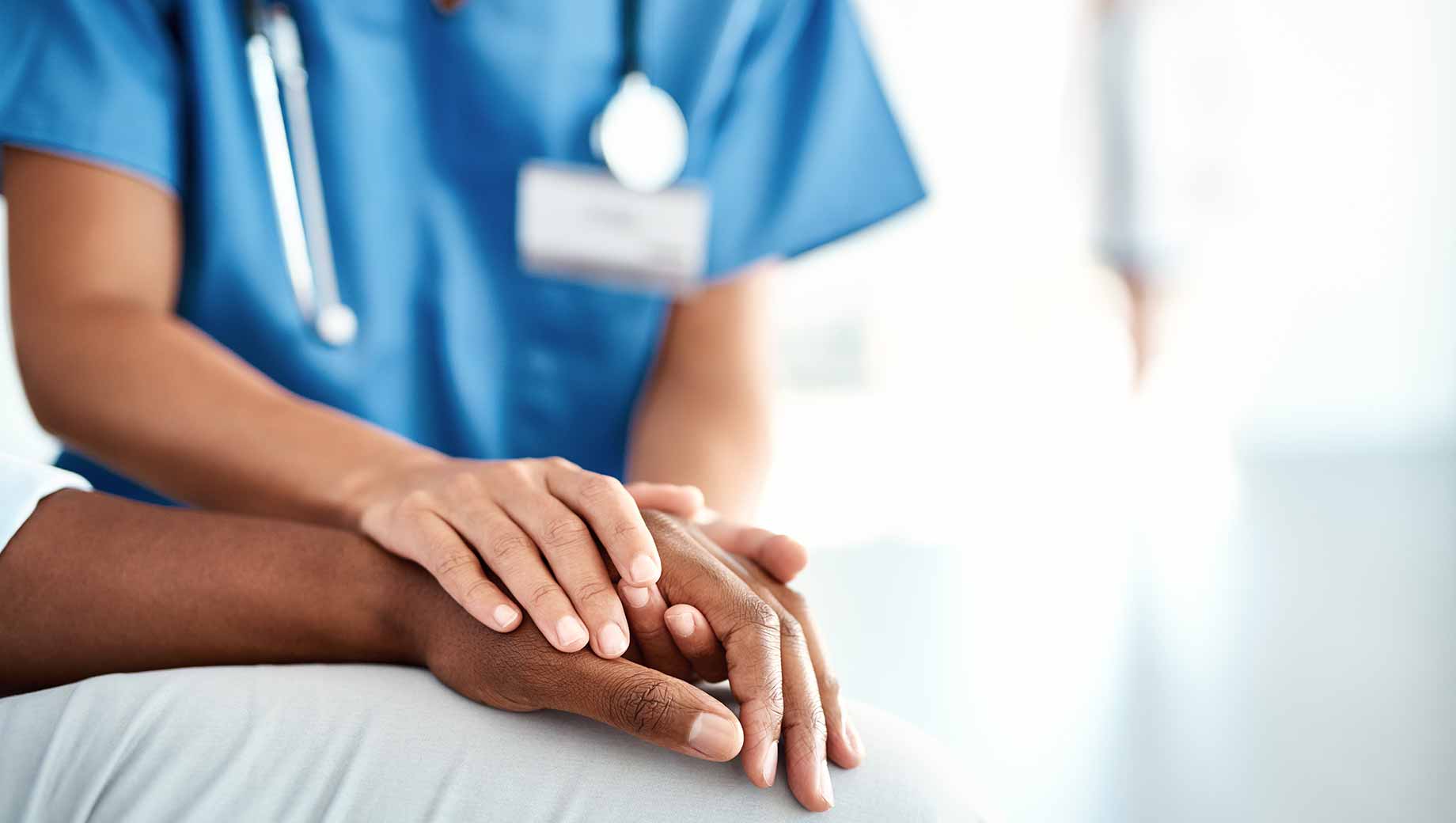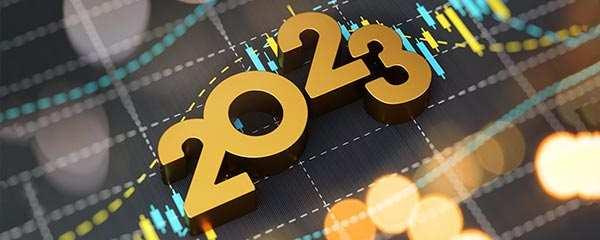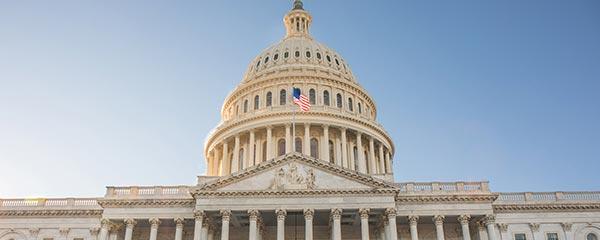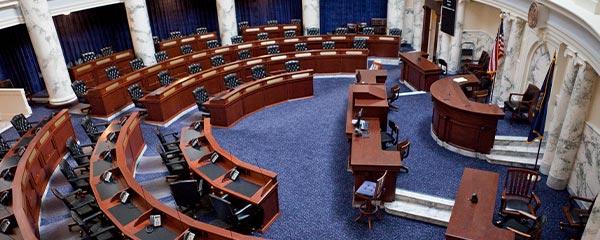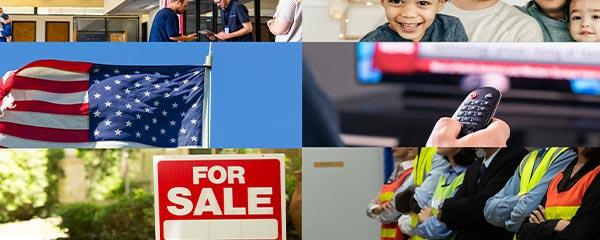Story Highlights
- 79% say nurses have high ethical standards, 10 points below 2020 level
- Medical doctors (62%) and pharmacists (58%) rank second and third
- Telemarketers, members of Congress, car salespeople rated worst
WASHINGTON, D.C. -- Nurses continue to garner the highest ethics rating from Americans among a diverse list of professions, a distinction they have held for more than two decades. The 79% of U.S. adults who now say nurses have “very high” or “high” honesty and ethical standards is far more than any of the other 17 professions rated. Still, the current rating is 10 percentage points lower than the highest rating for nurses, recorded in 2020, when they were on the front lines of the COVID-19 pandemic and their ethics ratings soared.
Two other health-related professions that enjoyed similar bumps in their ethics ratings in 2020 -- medical doctors and pharmacists -- now rank second and third behind nurses, with 62% and 58% of Americans, respectively, rating them highly. And like nurses, both of these professions’ ethics ratings dropped significantly in 2021 and edged down further this year. All three are now below their prepandemic levels.
Pharmacists, who typically earned higher trust ratings than doctors before 2013, have ranked slightly below that profession since the pandemic and now register their lowest ethics rating in four decades of measurement (58%) by one point. Medical doctors’ rating is at its lowest point since 1999 and nurses’ since 2004.
Gallup first measured the honesty and ethics of professions in 1976 and has updated it annually since 1990. A small number of professions have been on the list every year, while others are included periodically.
The latest findings are from a Nov. 9-Dec. 2, 2022, poll. Nurses have been atop the list every year except one since they were added to the annual ratings in 1999. That was in 2001, when firefighters earned a record-high 90% rating in their only appearance on the list in the wake of the 9/11 terrorist attacks, which claimed the lives of 343 New York City firefighters.
Professional Ethics Ratings Beyond Medical Professions
In addition to the three healthcare-related fields, just one other profession is held in high regard among a majority of Americans -- high school teachers, who are rated highly by 53% of U.S. adults.
Aside from police officers, who have a 50% high ethics rating, no more than 41% rate any of the remaining 13 professions highly for their honesty. However, most of these professions’ images are merely middling rather than subpar.
- Real estate agents (55%) and bankers (54%) garner majority-level “average” marks, while six other occupations receive average ratings from pluralities of Americans ranging from 42% to 50%. These include lawyers, accountants, business executives, clergy, judges and labor union leaders.
- The public is evenly divided in giving average versus low ratings to advertising practitioners and car salespeople, while far fewer offer high ratings of these professions.
- A 42% plurality of Americans think journalists have “very low” or “low” ethical standards, 35% rate them as average and 23% as high.
- At the bottom of the rankings, solid majorities rate the ethics of telemarketers and members of Congress low. Less than 10% rate their ethics highly.
Notable Ratings for Clergy, High School Teachers, Police
Beyond the current record-low ethics rating for pharmacists, two other professions are at their lowest points in Gallup’s trend.
Members of the clergy were first measured by Gallup in 1977 and were frequently among the top-rated professions until 2002, amid a sexual abuse scandal in the Roman Catholic Church. While the clergy’s high/very high ethics ratings recovered to some degree in subsequent years, they fell to 50% in 2009 and have been declining since 2012 as Americans’ religious identification and church attendance have also fallen. The latest reading of 34% for members of the clergy is the lowest by two points.
High school teachers’ latest high ethics rating of 53% is the lowest by seven points in periodic measurements since 2002, when that profession was added to the list. The two prior readings, in 2015 and 2018, were 60%.
The police earned a 37% ethics rating when first measured in 1977, and they were consistently at or below 50% until 1999. Since then, their ratings have been at the majority level, except for two years -- 2014 and the current reading. In 2014, amid concerns about racial bias among police officers, Americans’ rating of the profession fell to 48%. It rebounded in 2015 and remained in majority territory until the current 50% reading.
Partisan Differences in Views of Ethical Ratings
Majorities of Democrats and Democratic-leaning independents, as well as Republicans and Republican-leaning independents, agree that nurses, medical doctors and pharmacists have high ethical standards, although Democrats rate each group higher than their counterparts.
The two partisan groups also hold a number of professionals in equally low esteem, including telemarketers, members of Congress, business executives, car salespeople, advertising practitioners, lawyers, real estate agents and bankers.
While Democrats and Republicans offer similarly tepid ethics scores for judges and accountants, they diverge sharply in their views of several other professions. Democrats (73%) are about twice as likely as Republicans (37%) to believe high school teachers have high ethical standards. Democrats are also far more likely than Republicans to believe labor union leaders and journalists act ethically.
For their part, Republicans (62%) are far more positive than Democrats (38%) about police officers’ ethics. Republicans, too, are slightly more likely than Democrats to rate clergy members highly.
The overall declines in the ethics ratings of nurses, medical doctors and pharmacists are driven by Republicans and Republican-leaning independents. In 2019, before the onset of the COVID-19 pandemic in the U.S., partisans’ ratings of these three professions were essentially identical. Now, Democrats’ and Democratic-leaning independents’ ratings of the three medical professions have returned to prepandemic levels or improved (in the case of medical doctors). Conversely, ratings of the three fields among Republicans and Republican-leaning independents are significantly lower now than they were in 2019.
Bottom Line
Nurses, medical doctors and pharmacists remain the most ethically revered professions of those measured by Gallup. While each of these fields enjoyed a bump in their ethics ratings in the first year of the COVID-19 pandemic, they all now have lower scores than they did before the pandemic.
To stay up to date with the latest Gallup News insights and updates, follow us on Twitter.
Learn more about how the Gallup Poll Social Series works.
